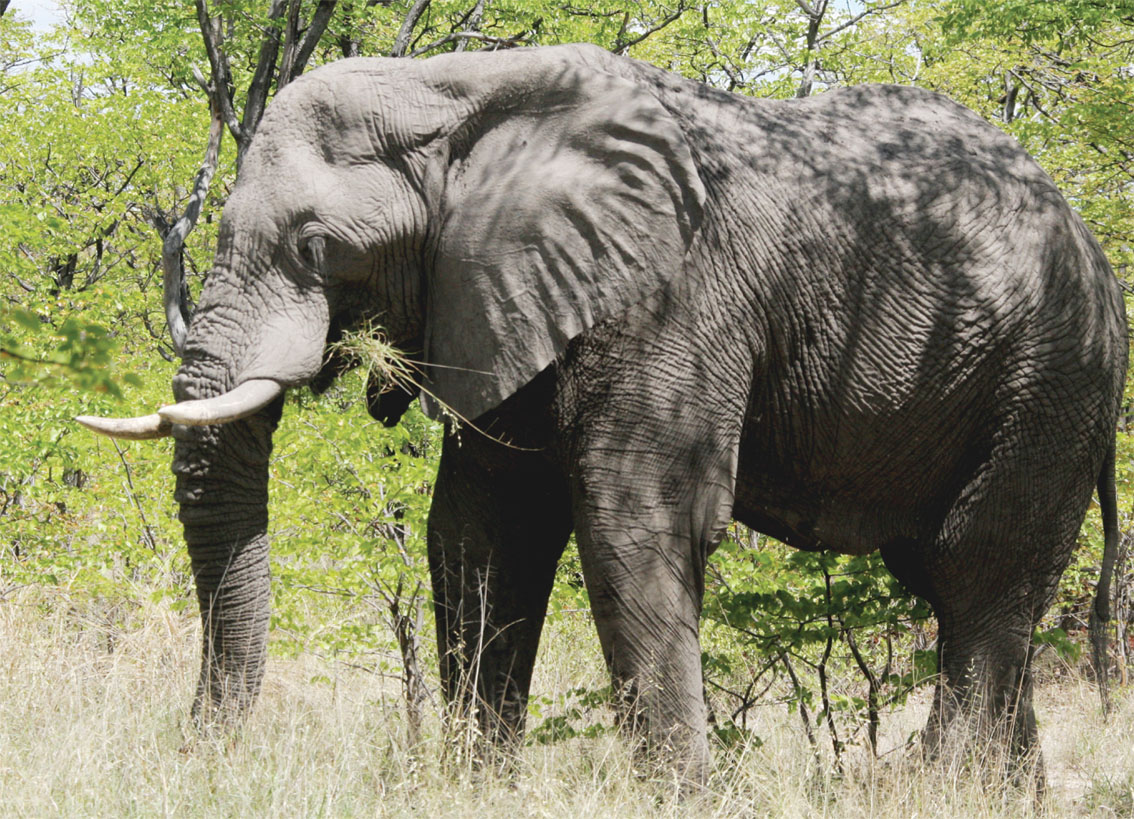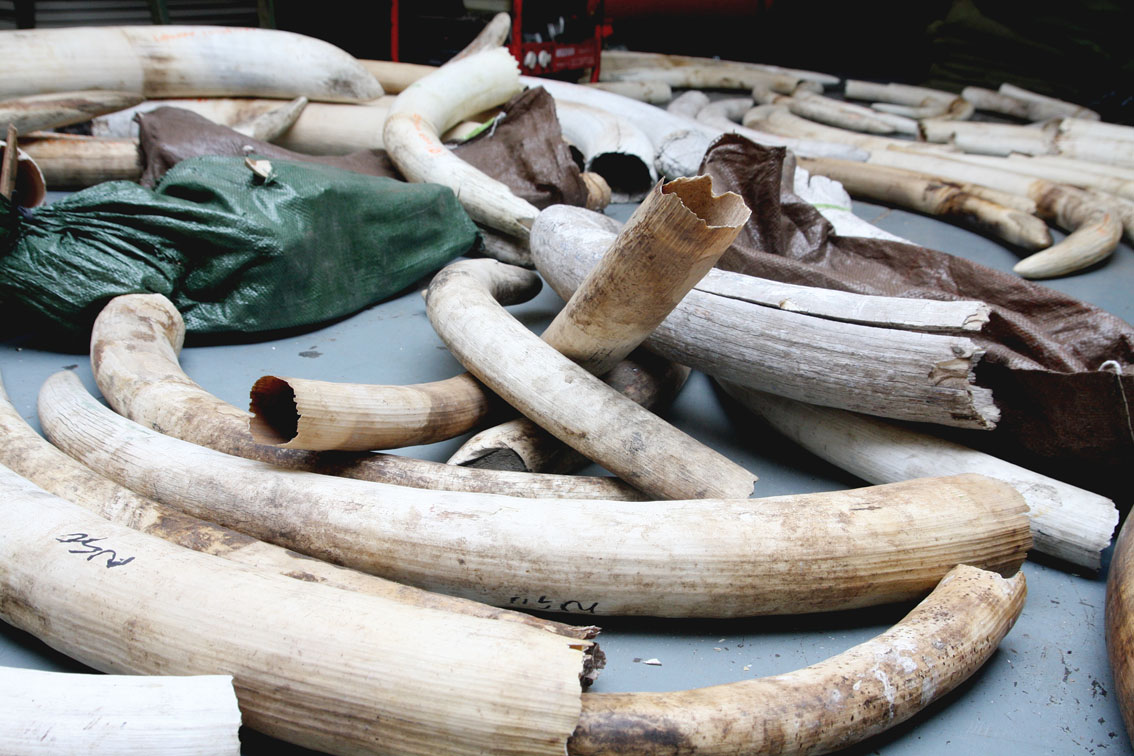Poaching in the Chobe
Source : Kutlwano
Author : Emmanuel Rapowa
Location : CHOBE
Event : Tourism
The battle to combat poaching in the Chobe area remains a challenge that will forever require tact, precision and promptness. And if locals perpetrate the practice by harbouring would be poachers, the war to overcome poaching is far from being won. Poaching, it appears, is never a hobby given the life threatening risks it is associated with.
While some do it for subsistence others are traders who sell bush meat and trophies, which practice negates the potential of growth in the wildlife tourism sector.
The Chobe area is home to different animal and plant species that attract tourists from all over the world year in year out. And this is the geographical part where Botswana shares boundaries with Zambia, Zimbabwe and Namibia.
Wildlife is allowed free movement within this confluence, except that bureaucratic regulations to control the tourism sector differ between these countries. And this is the loophole that entices poachers to take advantage of the absence of a no common denominator between the four countries.
Regional wildlife officer in Chobe, Dimakatso Ntshebe, confirms that poaching is rampant in Chobe as statistics of elephant poaching have skyrocketed since 2001.
“Elephant tusks are used to make handles for swords and knives which is prestige in some communities, while in Asia they make various decorations as well as traditional medicines,” he says.
Ntshebe regrets the fact that some Batswana connive with poachers from as far as Somalia, Congo and all countries in the Chobe confluence to frustrate efforts of law enforcement agencies.
“They accommodate poachers and provide them with information about law enforcement centres in Botswana and even help them to cross the Chobe River,” he says.
The latest Interpol report shows that poaching is a huge business worth P84 billion annually. Because most poachers are usually well armed marksmen, the wildlife department has twinned with the Botswana Defence Force (BDF) to beef up the numbers plus enhance intelligence gathering.
One setback, he notes, is that people staying around the confluence of the Chobe River have relatives across boundaries which provides ample opportunities to sneak into the country.
“Small mammals and predator cubs are also captured and sold live to neighbouring countries,” he says adding 60 elephants were poached in 2011 in Chobe alone.
Ntshebe says the lucrative poaching business is financed by a network of rich people who buy sophisticated equipment which is used by poachers who have sound military background hence can evade opposing officers.
“Wildlife department does not have enough equipment and capacity to handle them and the services of the BDF are cardinal especially the use of their helicopter, while the police patrol the park covering a vast area of land.”
As for penalties, he says, possession of one elephant tusk attracts a P50 000 fine or 10 years imprisonment while for rhinos is P100 000 or 15 years imprisonment.
He highlights that the white rhino is among rare and endangered species whose horn is said to be medicinal and also boosts sexual performance.
Lieutenant Colonel Charles Oye of the BDF does not shed light on their modus operandi in Chobe due to security reasons but highlights that their operations are targeted at all poachers regardless of their social status.
He says they continue to have zero tolerance to poaching and notes that poachers use weapons such as R4, AK47, hunting rifles and other assorted home-made weapons. ENDS
Teaser:
Poachers use weapons such as R4, AK47, hunting rifles and other assorted home-made weapons. 60 elephants were poached in 2011 in the area alone. “Wildlife department does not have enough equipment and capacity to handle them and the services of the BDF are cardinal especially the use of their helicopter, while the police patrol the park covering a vast area of land.”...















